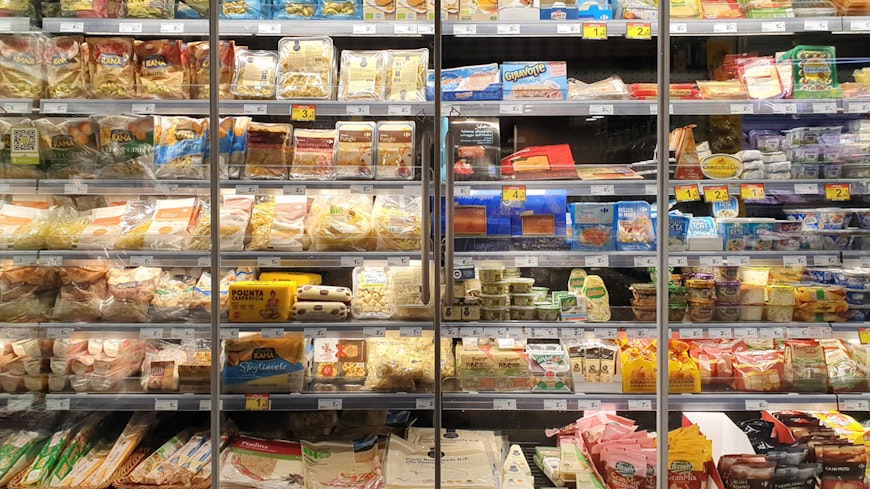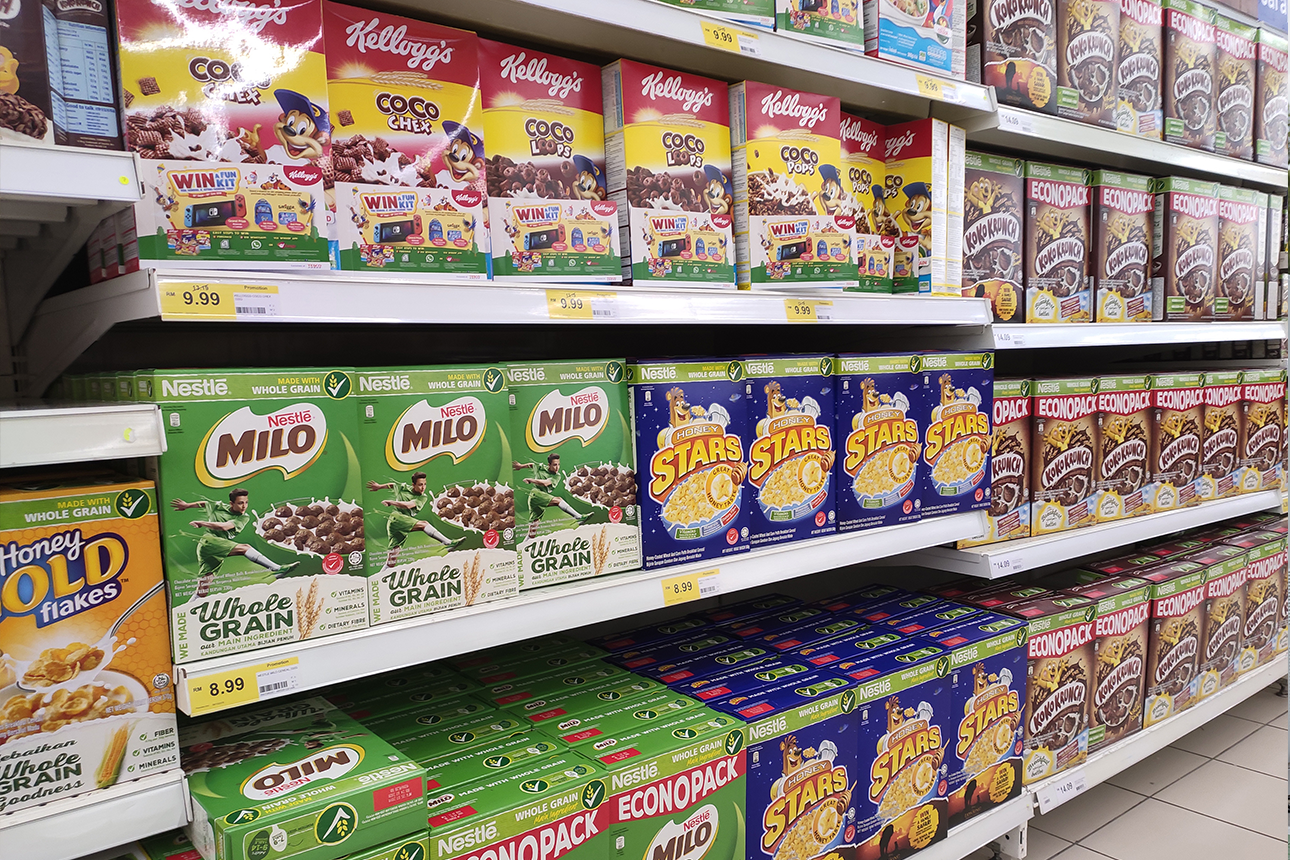
We looked at the nutrition content of six foods, from whole to ultra-processed, and found the sodium content of ultra-processed foods can be staggering.
“New Zealand’s supermarket shelves are bulging with ultra-processed products, which are convenient, heavily marketed and tasty so they're easy to overeat” said Belinda Castles, our research and test writer.
“Generally, the further a food gets from its original state, the less healthy it is, particularly when it comes to sodium — the component of salt that's bad for your health.”
Sodium levels soaring
Tracking the humble tomato through various processing steps led to staggering spikes in sodium.
“Fresh tomatoes have just 2mg of sodium per 100g of product.
“Delmaine Sundried Tomatoes have 735 times more sodium, per 100g, than fresh tomatoes,” said Castles.
Another popular ultra-processed product, Wattie’s Tomato Sauce, has 468 times more sodium than the same amount of fresh tomatoes.
“People would expect there to be more sugar and sodium in tomato sauce than fresh tomatoes, but these levels may come as a shock.”
It’s a similar story with pork. A lean, grilled pork medallion has 85mg of sodium per 100g of product.
“The ultra-processed salami we looked at tipped the sodium scales with 1673mg per 100g.”
According to the Stroke Foundation of New Zealand, most New Zealanders consume double the maximum recommended daily salt intake — around 75 percent of this comes from processed and packaged foods.
"A diet high in sodium increases the risk of high blood pressure, the number one cause of stroke which currently affects one in five New Zealanders. Stroke is the second-biggest killer in New Zealand and the leading cause of serious adult disability,” said Jo Lambert, the Stroke Foundation's CEO.
Call for change
Poor diet is a leading cause of illness and early death in New Zealand. Consumer NZ and the Stroke Foundation want it to be easier for New Zealanders to make healthy choices.
Both the Stroke Foundation and Consumer NZ have been calling for the Health Star Rating to be mandatory. This rating system, currently voluntary, gives shoppers at-a-glance information about a packaged food’s overall nutritional value.
The Stroke Foundation also wants to see the introduction of government-led salt reduction targets to reduce the burden of stroke on our communities and ease significant pressure on the health system.
“It is time for us to question whether the food industry is willing and able to meet voluntary targets,” says Lambert. “We need to act now to join the 48 other nations across the world that have introduced salt reduction targets to industry.”
“In the meantime, a good tip is for shoppers to check a product's ingredient list and nutrition information panel. A lengthy ingredient list is a good indication a product is ultra-processed. A low sodium choice contains less than 120mg per 100g,” said Castles.

Subscribe to our newsletters
Get even more Consumer NZ news and invitations to share your voice on important issues straight to your inbox. You don’t have to be a member to have these newsletters emailed to you regularly.

